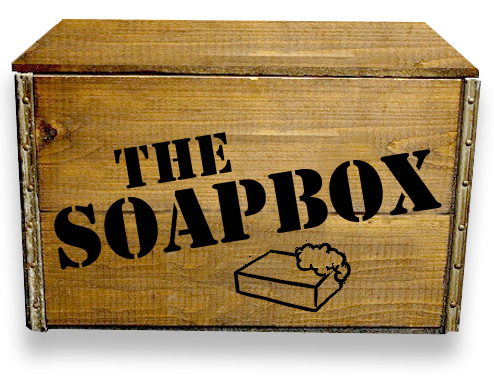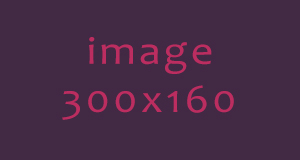Bisexual people suffer from homophobia too
The idea that identifying as bisexual is a way to avoid homophobia, or easier/safer than coming out as gay is a myth. The people who hate us don’t distinguish between us. homosexuality and bisexuality are ‘not exclusively heterosexual’ and therefore to be feared, hated, distrusted.
In homophobic environments, whether schools or offices or households, bisexual people are scared to come out, because they’ll be seen as ‘them’ and ‘other’ too.
But biphobia is also distinct
Bisexuals also face a distinct form of stigma, both from people who are homophobic and from ones who aren’t. As a matter of fact, bisexuals face stigma and discrimination from within the lesbian and gay community itself. This stigma is based on the denial that there can be more than a binary homo/straight division of sexuality.
Everyone who has an interest in keeping borders clear (either straight or homosexuals, who have constructed their identities – and political powers – within these categories) will attack bisexuals, challenging them back into the binary division. This is when you hear that ‘bisexuals are just hypocrites’, or ‘they can’t make their minds up’.
The real ‘problem’ with bisexuality is that it erases those boundaries, just like certain trans and gender non-confirming people do, who don’t want to be categorised as ‘male’ or ‘female’, but as both, neither, or beyond the spectrum entirely.
This challenging of categories is eventually the strongest single tool to dismantle prejudice: as long as we need to be either straight or homosexual, we’ll be put in nice little boxes which makes it easy to classify, and rank, people. To grant them rights, or not. To let gender and sex determine our right to love. Exactly what the conservatives are adamant about.
Bisexuality puts love back in the ‘driving seat’, beyond social restrictions such as gender. And bi communities are definitely at the heart of the struggle against all forms of ‘gender’ oppression, be it from the straight majority or the narrowly binary-thinking gay and lesbian people.
Bisexuality is clearly to move beyond bi-nary. And maybe the term ‘bisexuality’ itself carries a contradiction. Bisexuals, are maybe not so much people who can have a loving relationship with BOTH genders. But people who have loving relationships REGARDLESS of gender.
Bisexuality calls us to move beyond our small-minded certainties about gender being the foremost criteria in our relationship to people. And as such, bisexuality is one of the major keys to liberation.
Resources
Bi.org
A web portal for the bisexual community.
www.bi.org
Soc.bi
The internet’s open forum on bisexuality since 1991
http://serf.org/jon/soc.bi/
Bi Media
Bisexual news and opinions
http://bimedia.org
Bisexual Index
Resources for the UK bisexual community
http://www.bisexualindex.org.uk/
The IDAHO Committee and biphobia
First, it has to be underlined that the IDAHO Committee does not own in any way the designation ‘International Day Against Homophobia and Transphobia’. Although this is the designation we choose for our public messaging, everyone is welcome to include other ‘categories’. Some organisations call it the ‘International Day Against Lesbophobia, Biphobia, Intersexphobia, Homophobia and Transphobia’.
We don’t exert any form of authority on this.
Initially, from 2005 to 2009 we were called ‘International Day Against Homophobia’. We were in principle always against Transphobia, but felt it was included in ‘Homophobia’, which it clearly isn’t, although there are obviously strong correlations. We chose to include Transphobia explicitly in 2009, mainly because it is perceived widely as being two separate issues, and because trans people face a disproportionate burden of stigma and discrimination. Also because the legal agendas of homosexuals and trans people largely differ.
So why not also spell out other categories?
How feasible would it be to name all ‘categories’? Lesbophobia, of course, is distinctly different as it incorporates sexism. Intersexphobia is still very different. And so is ‘Queerphobia’.
Our ambition is eventually to move away from categories. We feel that another category like ‘biphobia’ just reinforces the categorisation dynamics, and eventually works against the acceptance of fluidity between categories of sexual orientations and gender expressions.
This is why we advocate for May 17 to be increasingly ‘a Day for celebrating sexual and gender diversities’, which will become our new baseline.
But of course, various forms of stigma and discrimination each have their specificities which must be addressed. In order to support this, our resource center provides a specific section for each, including of course biphobia.
We also give constant exposure on our website, Facebook page and Twitter account to events organised by the bisexual community, to texts and articles written on biphobia, and we encourage bisexual organisations to invest the Day with activities so as to give their specific concerns the visibility they deserve.


